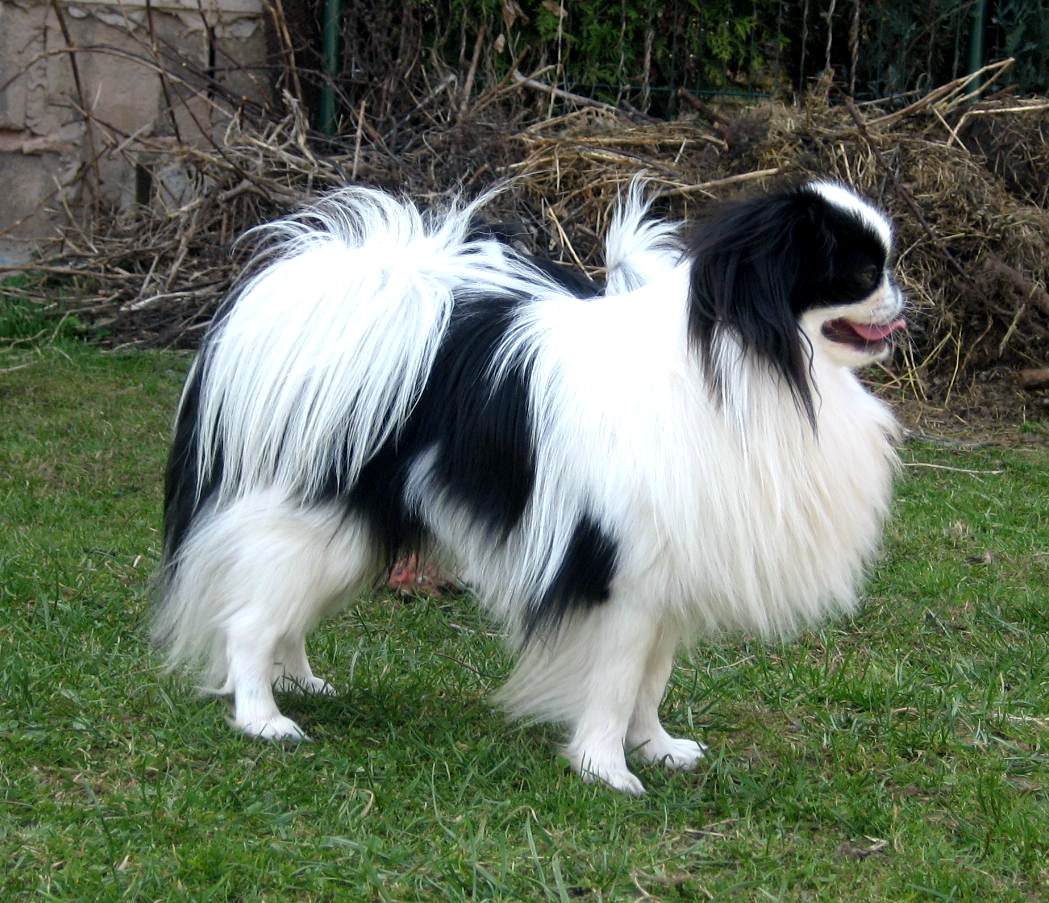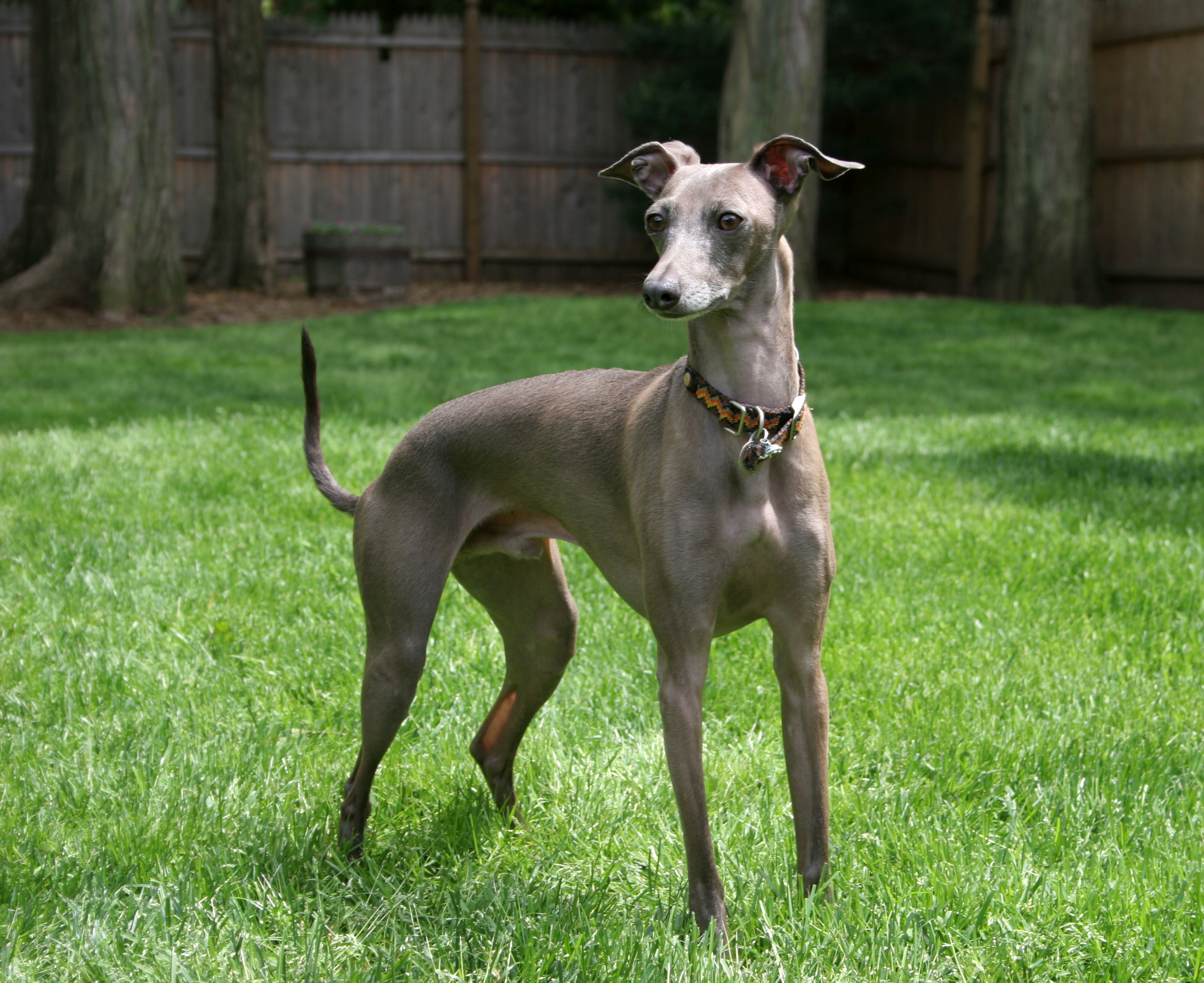Do you live in an apartment or a multiple-dwelling house structure and wonder what dog suits you?
Well, you are in the right place.
In this guide, we will give you some small dogs that don’t bark a lot to make it easier for you to choose.
Come along.
Dog Barking
It’s normal for dogs to bark. Barking is a natural reaction for all dogs. It is a normal way that dogs use to communicate. However, too much barking could indicate something deeper that your dog is experiencing. Excessive barking can also be very annoying to the owners and neighbors.
If your dog is barking too frequently or for long periods, it’s important to determine the root cause to take the appropriate action.
The following are some small breed dogs that don’t bark much.
French Bulldog

Weighing between 16-28 pounds with a height of 11-12 inches, Frenchies are sweet dogs that love spending time with their human families. They are also gentle and playful, making them excellent companions for children.
French bulldogs have stocky and muscular bodies and flat squished in facial structures with distinct bat-like ears that stand erect. They also come in a short, smooth coat that’s easy to groom and has low exercise needs.
Frenchies make excellent apartment dogs due to their low barking tendencies. These pups hardly bark unless there is a reason to. Although they are not known for barking, Frenchies are highly vocal dogs. They use growls, whines, grunts, and snorts to communicate.
Japanese Chin

With a weight of not more than 12 pounds, Japanese Chins are considered the smallest of the Japanese breeds. These dogs have short, broad muzzles, large heads, and big, soulful eyes. This toy breed dog has a feline nature that includes the desire to be in high places, the tendency to wash, and the ability to climb.
Like Frenchies, Chins are a brachycephalic breed with flat faces and shortened nasal airway passages, making them prone to breathing and other health problems.
Japanese Chins rarely bark and will only do so to alert them of the presence of strangers and any unusual noise, which makes them great in condos or other multiple-dwelling housing structures.
Italian Greyhound

This is another small-breed dog that stands between 13-15 inches in height and weighs between 7-18 pounds. This dog has a long, narrow head, a long fine muzzle, and a black or brown nose. They have a short silky coat in various shades, including cream, red, black, and brown.
Italian Greyhounds are highly affectionate and loving dogs that love spending time with their families. Although they are generally friendly, these dogs are stand-offish with strangers.
The Italian Greyhound dog is not known for barking but will bark to draw their owners’ attention. They are generally quiet and reserved dogs.
Boston Terrier
Boston terriers are popularly referred to as the American Gentleman due to their distinctive tuxedo-like markings, and they are gentle and affectionate companions. These dogs get along well with everyone in the family and suit any home, even apartments.
This brachycephalic dog has a broad, flat-nosed face but no wrinkles. Boston Terriers are sturdy and muscular, with a sleek and shiny single coat with white markings resembling a tuxedo.
Boston Terriers are typically quiet and gentle dogs, not prone to yappiness or aggression, making them a good choice for apartment living.
Shiba Inu

The Shiba Inu is one of the six Japan’s native breeds. This dog is 13-17 inches tall and weighs 17-27 pounds. Although the Shibu Inu dog was initially bred to flush birds and small game, it has evolved to become a good companion dog.
Shiba Inus are bold, confident, alert, and agile dogs that make great outdoor companions and indoor watchdogs. They are also highly affectionate, loving, and loyal dogs that love spending time with their owners.
Although this dog breed is intelligent, it’s also strong-willed and independent-minded, making training them difficult. As such, positive reinforcement training techniques work best for these dogs.
Why Do Some Breeds Bark More Than Others
Dogs use barking as a way of communicating, just like humans. As such, some level of barking is perfectly normal for dogs.
Every dog is different, and some will bark more than others. The level of barking will depend on factors such as socialization, training, and genetics. Some dog breeds are naturally more vocal than others.
Additionally, some dogs tend to bark more due to the type of job they were bred for. As such, dogs bred for guarding will bark more than other dogs.
The size of the dog also matters when it comes to barking. Generally, large dogs will have larger and louder barks than small dogs.
Why Dogs Bark
Just like human beings, dogs use verbal and non-verbal cues to communicate. Thus, barking is not only completely normal behavior but also one of the most effective ways dogs communicate with their owners.
Dogs bark for a variety of reasons. They use barking to communicate a variety of feelings. These are some of the most common reasons why dogs bark.
- Warning/Alert: Most dogs will bark to warn or alert their owners of any perceived threat or on sighting the presence of strangers or suspicious occurrences. It’s thus normal for a dog to bark when someone is at the door or when strangers pass by the house or car.
- Attention or food-seeking: Your dog will bark when it wants to get your attention or when it’s hungry and wants to be fed.
- Boredom: Bored dogs often bark out of loneliness or to release excess energy. If they are not physically or mentally stimulated, dogs bark to get your attention or to engage you in playtime. Keeping your dog physically and mentally stimulated is important to prevent destructive behaviors.
- Excitement: many dogs will bark when something excites them. As such, a dog will bark when playing with people and other dogs. Some will also bark excitedly when they know they are about to go for a walk or ride. This kind of barking is often high-pitched and accompanied by tail wagging.
- Anxiety, fear, or territorial barking: Dogs will usually bark if they are anxious or scared of something. They will also when strangers or other dogs approach their home to mark their territories. This type of barking is more common in dogs prone to separation anxiety, fears, phobias, or other types of anxiety.
How do you stop a dog from barking?
The best way to stop a dog from barking is by finding out the triggers and trying to eliminate the triggers. You can redirect your dog’s behavior with toys or treats, keep it physically and mentally stimulated, give it a quiet area, remove it from the trigger area, teach new commands, or address separation anxiety.
How does a dog bark?
The kind of bark a dog gives depends on the cause of the barking. Some may be high-pitched, continuous, with pauses, or accompanied by tail wagging, whines, and growls.
Why does my dog bark so much?
Your dog will bark due to a variety of reasons. It will return when it’s excited, bored, lonely, anxious, scared, and wants to get your attention or alert you.
How does dog barking affect humans?
Excessive barking is not only irritating to humans, but it can also have other negative psychological effects. It interferes with one’s ability to concentrate, sleep, relax, and rest.
What types of dogs rarely bark?
Some dogs like the Shiba Inus, Boston Terriers, French Bulldogs, Italian Greyhounds, Japanese Chins, and Basenjis are not known for barking.
What dog has the loudest bark ever recorded?
A Golden Retriever named Charlie holds the record for the loudest bark ever recorded after reaching a whooping 113.1 decimals.
Final Thoughts
Excessive barking can be irritating. This is often a big issue, especially if you live in an apartment with easily irritable and sensitive neighbors. No cause for worry, though; with our list of small breed dogs that don’t bark a lot, we are certain you’ll get one that meets your requirements. Go ahead and make your choice.
